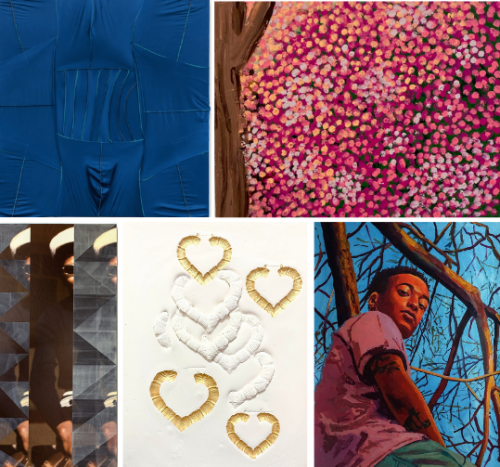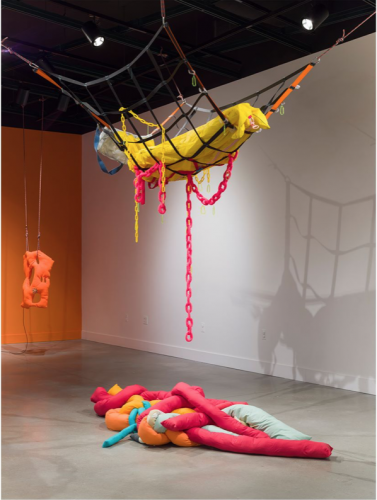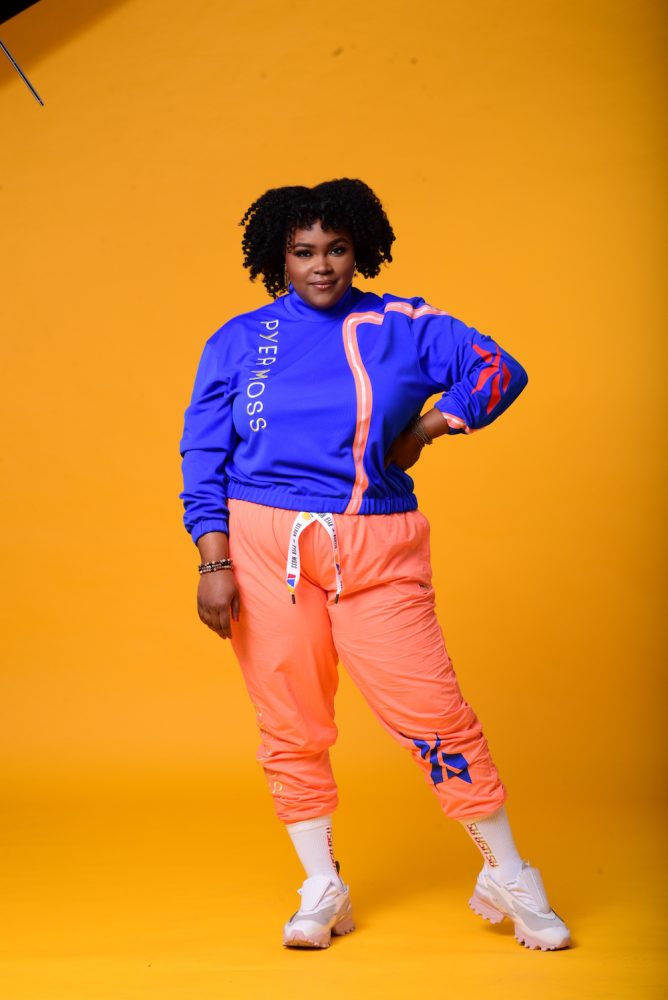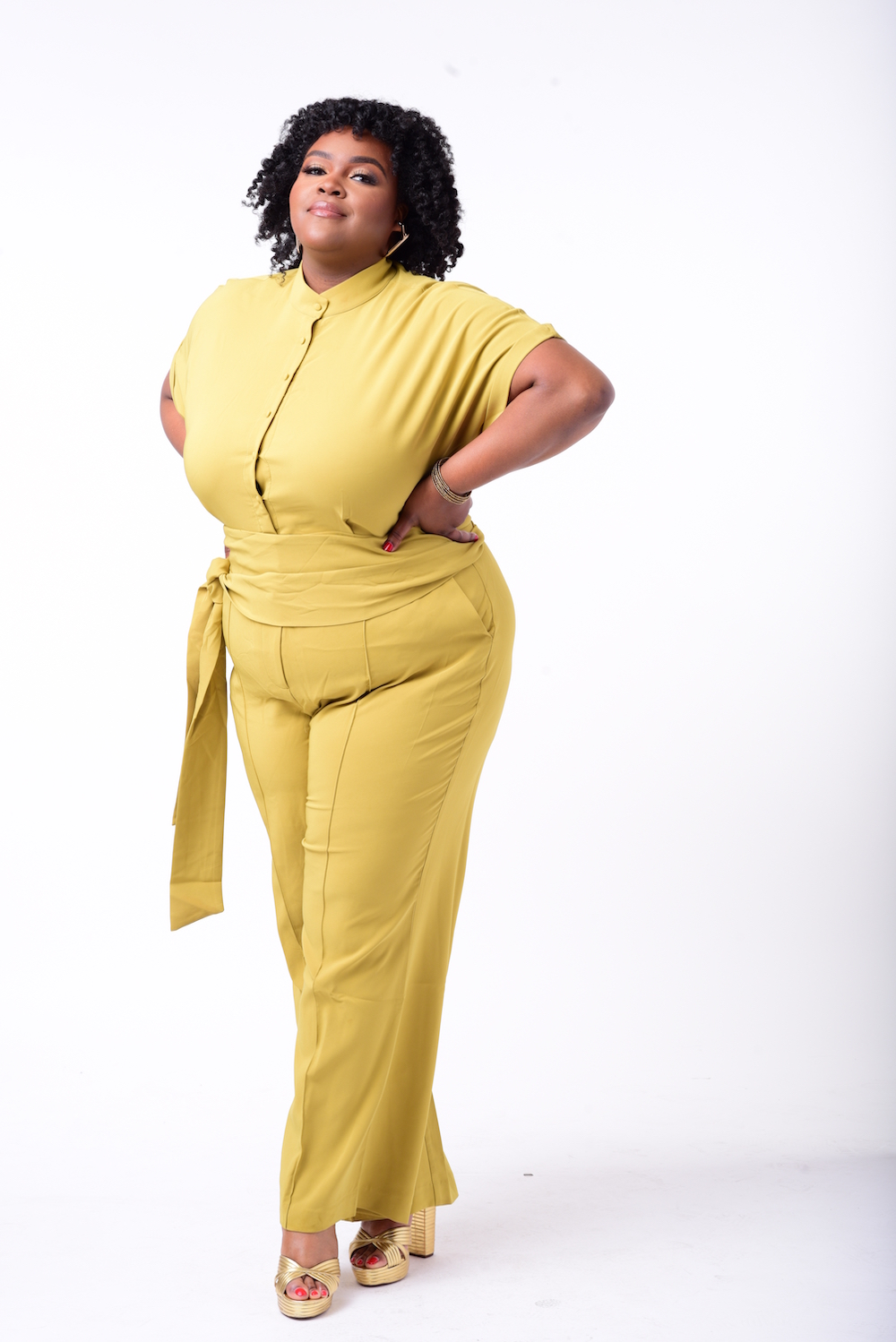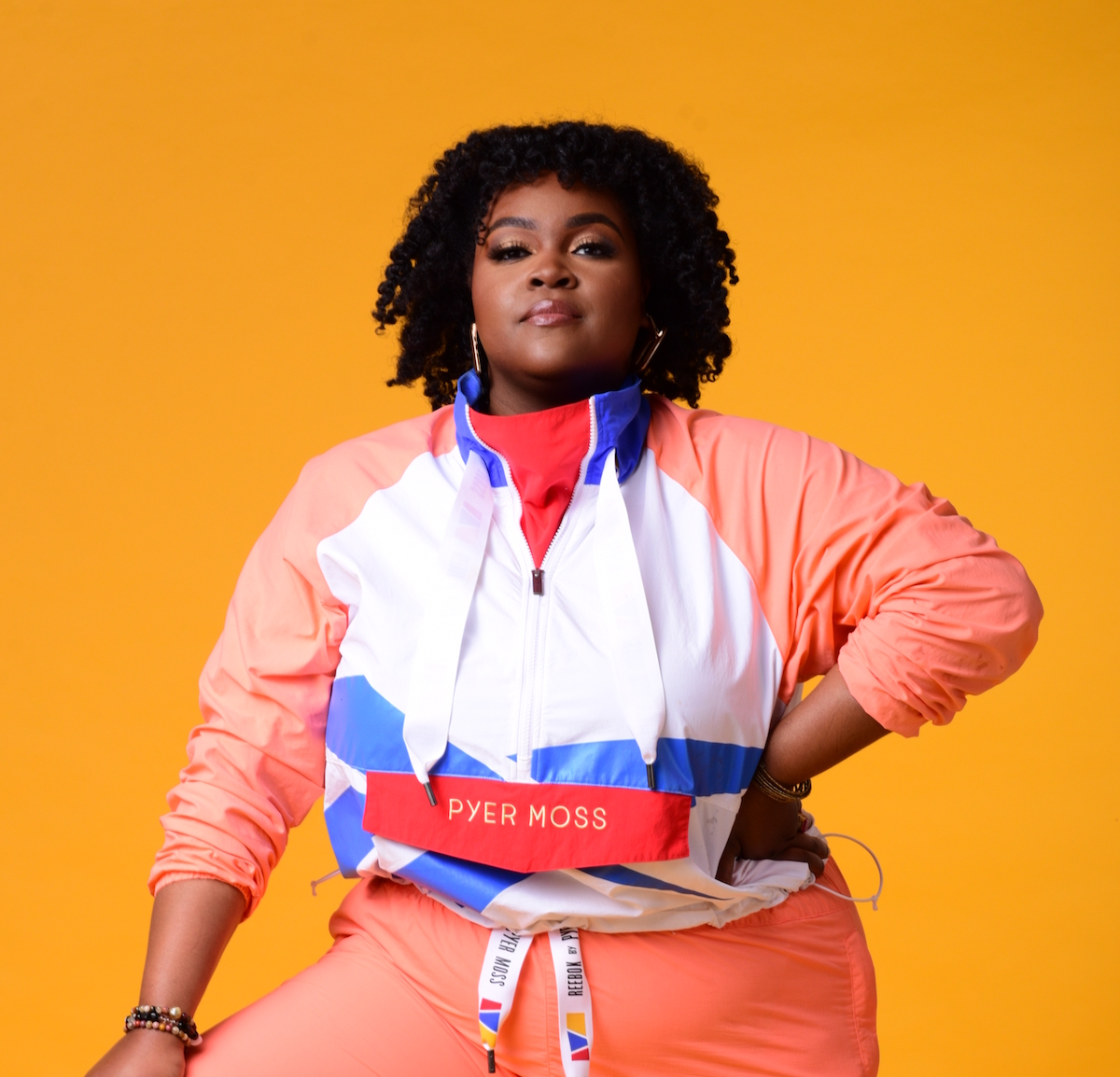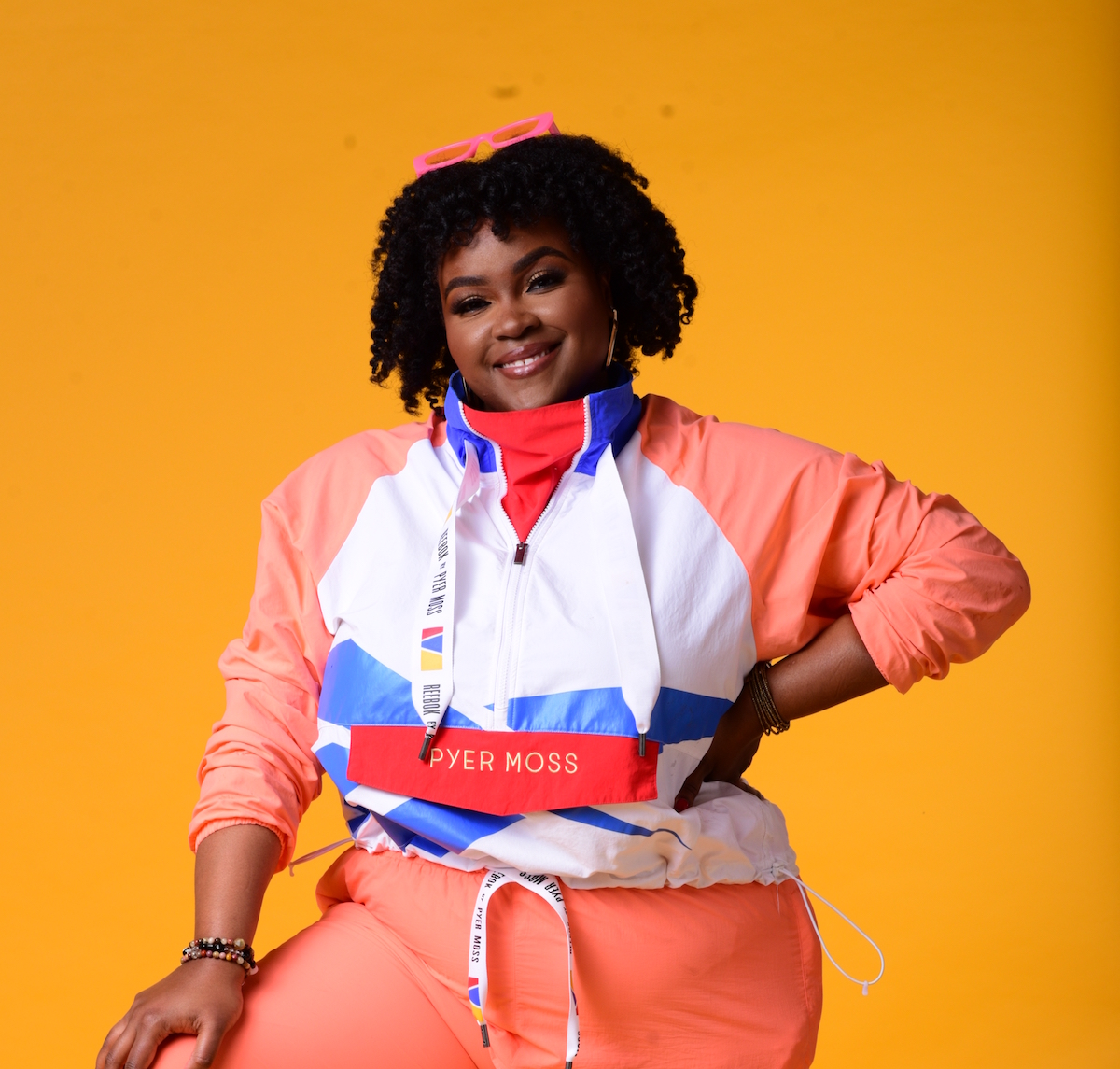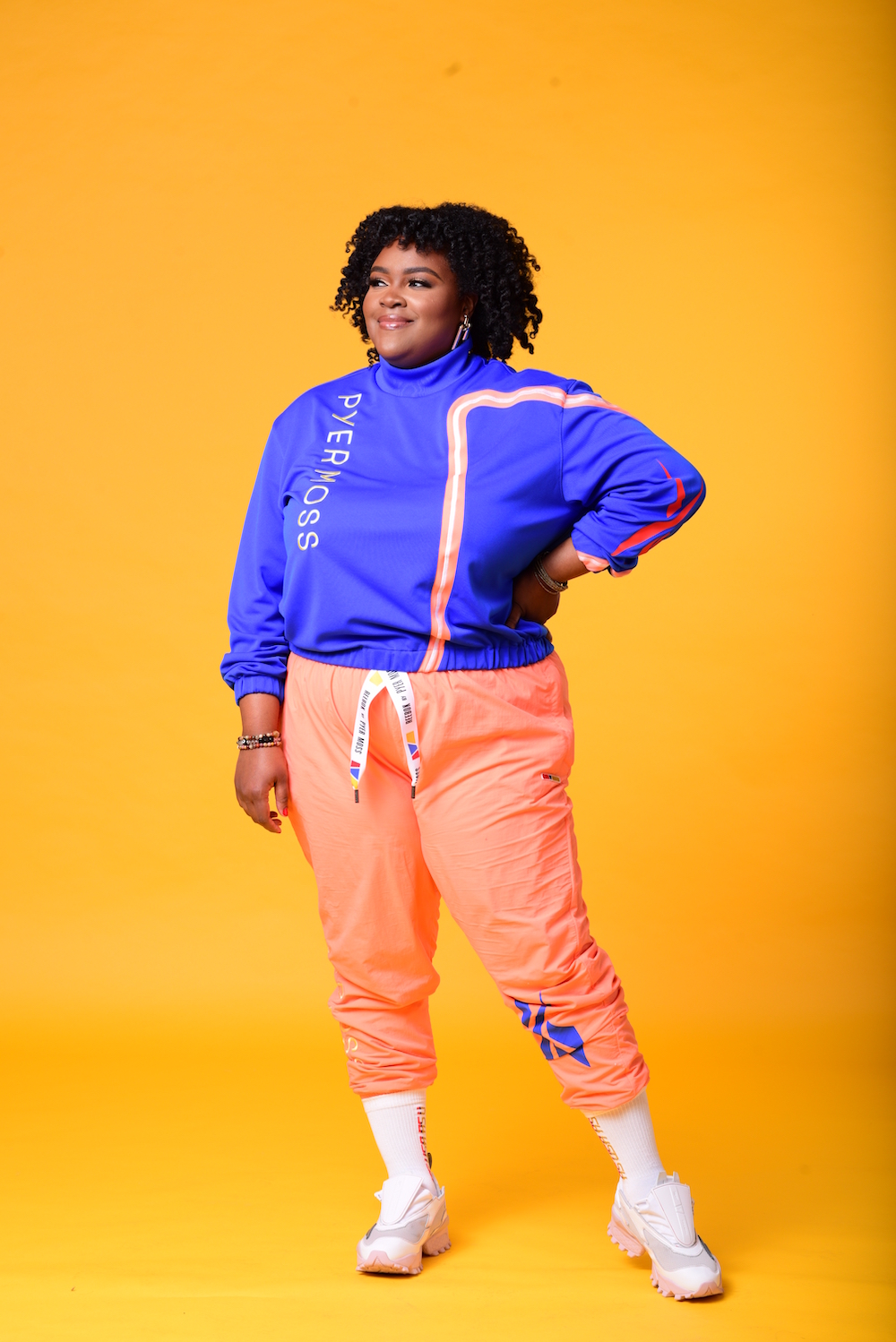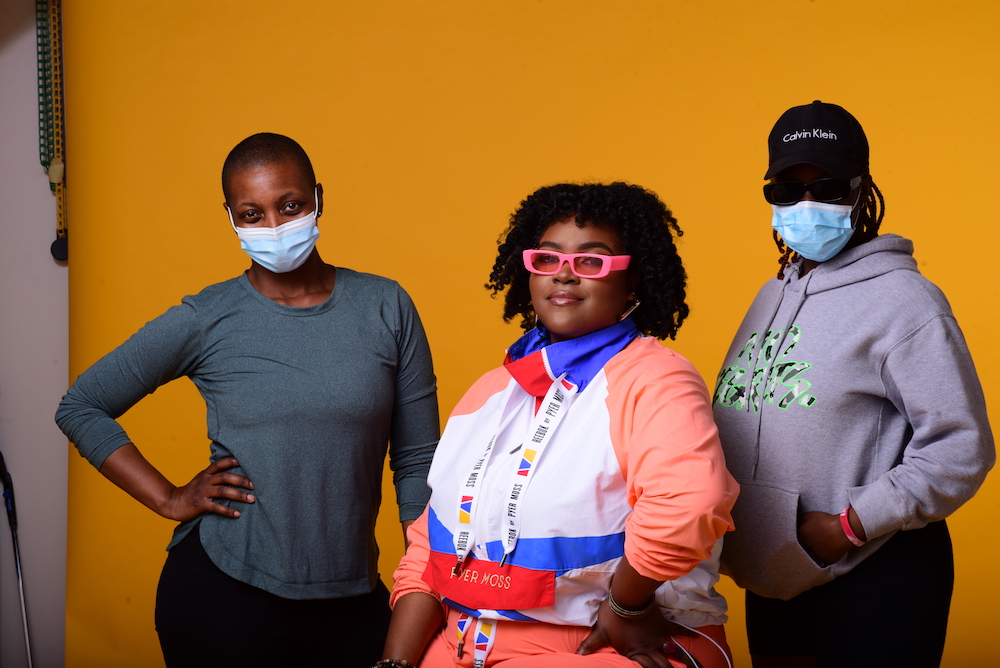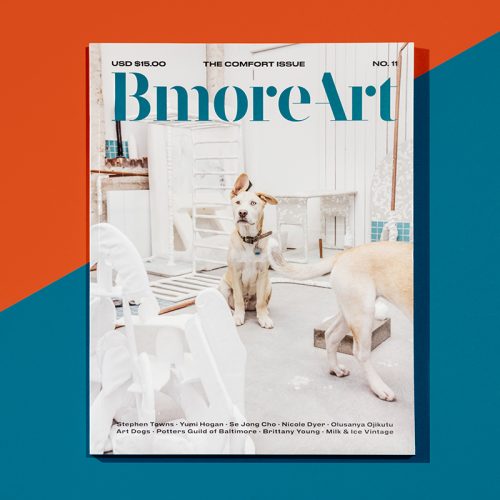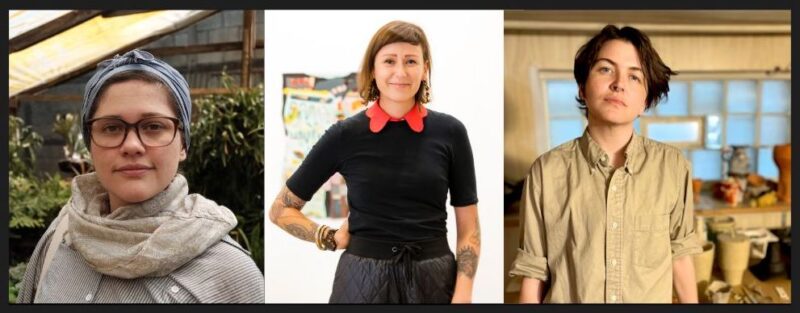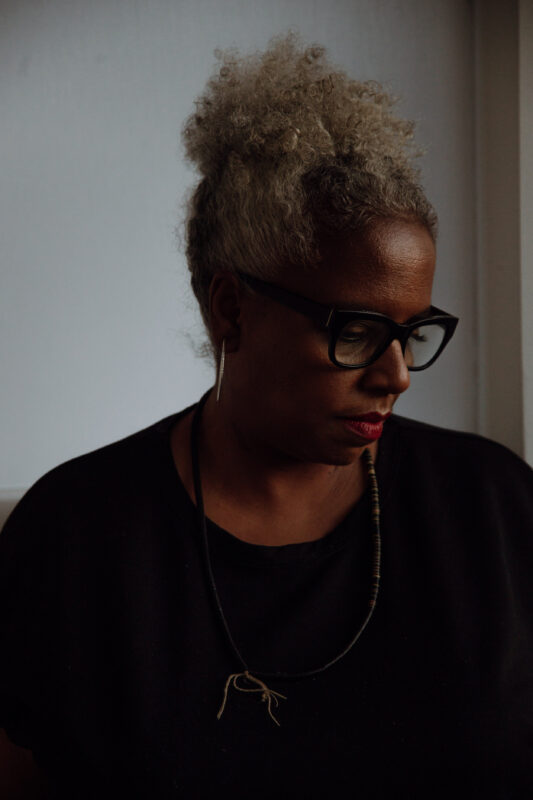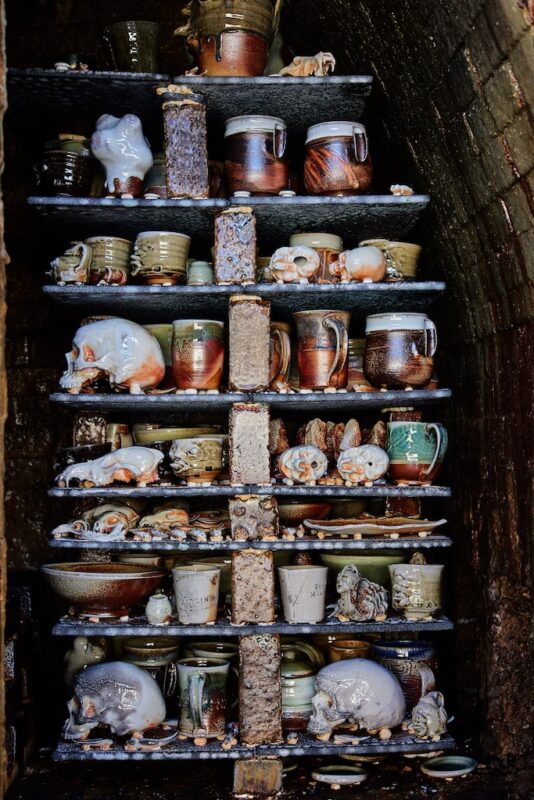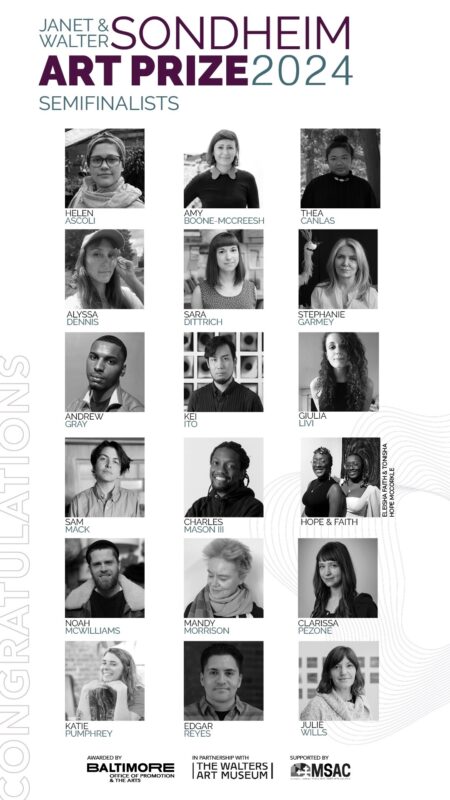A rider is a girl who is in it for the long run, someone who will stay with you and who has your back no matter what. Brittany Young is a name that has become closely associated with dirt bike culture in Baltimore—and she’s not a dirt bike rider herself but she is a rider. Young is a Baltimore native, an engineer, and the founder and CEO of B-360, an organization designed to enhance STEM (science, technology, engineering, and mathematics) education, build community engagement, and strengthen the workforce pipeline in Baltimore, all through the beloved pastime of dirt bike riding and maintenance.
Young embodies everything I love about a Baltimore woman: She’s not going to smile for you if she doesn’t want to. She’s from Park Heights and she doesn’t take shit from anybody. When she was a young girl, Young used to ride her bicycle around Druid Hill Park, about ten minutes away from home, listening for the low hum of idling dirt bikes throughout the park and admiring the large, shiny rims on the old-school big body town cars that gathered there. As she grew older, she even snuck away a few times to watch the drag races that occurred on Wabash late at night in her neighborhood.
Young has always had a habit of breaking a rule or two, but now she works tirelessly through her social enterprise B-360 to help reasonably bend the rules that just don’t make sense, like this one: In Baltimore City, it is illegal to operate a dirt bike on public or private property, to possess a dirt bike, an unregistered motorcycle, or a similar vehicle unless it is securely locked or immobilized. It’s also illegal for parents or guardians to allow a minor to operate a dirt bike, and gas stations can’t even legally dispense fuel to dirt bike riders. How do we square these laws with the speed and grace of Baltimore’s 12 o’clock boys and the intergenerational love for this enduring pursuit?
